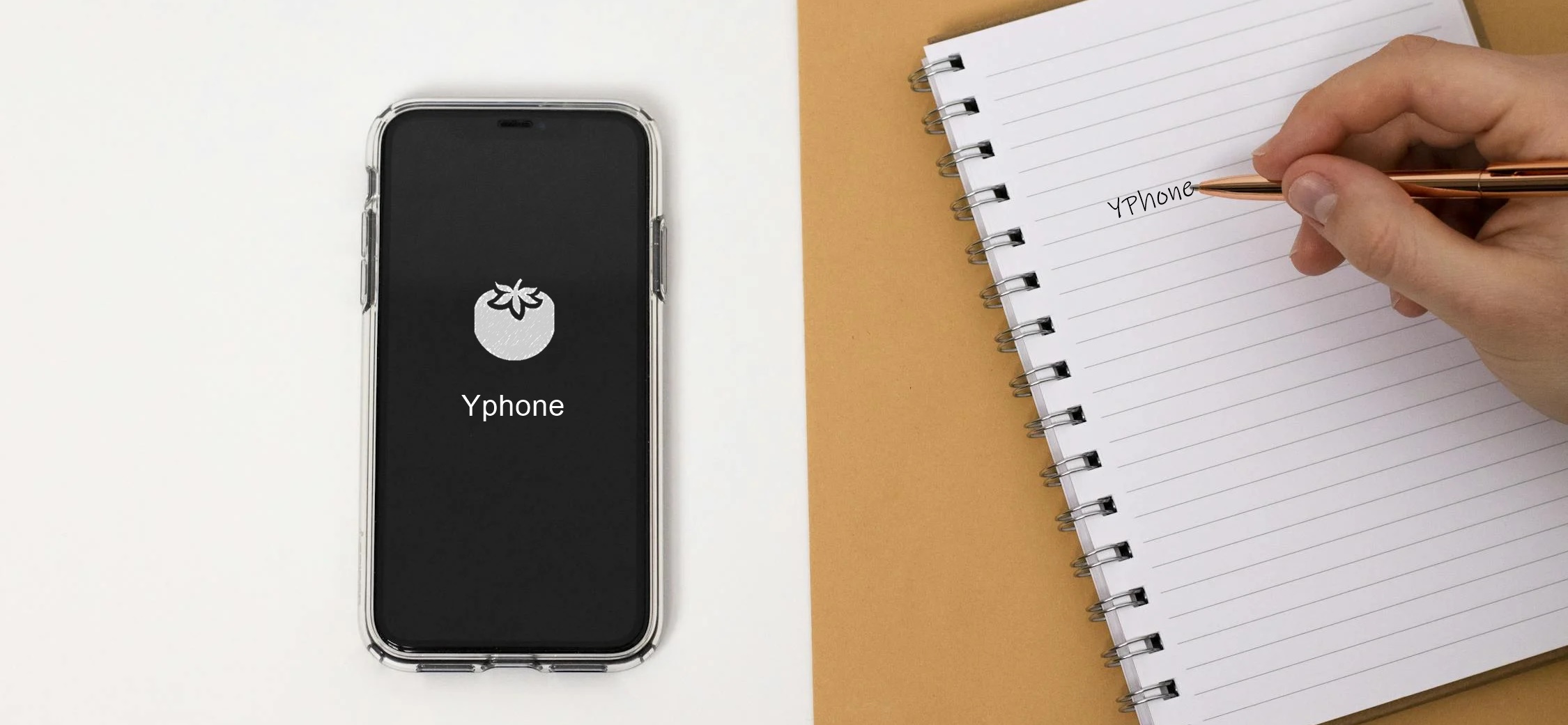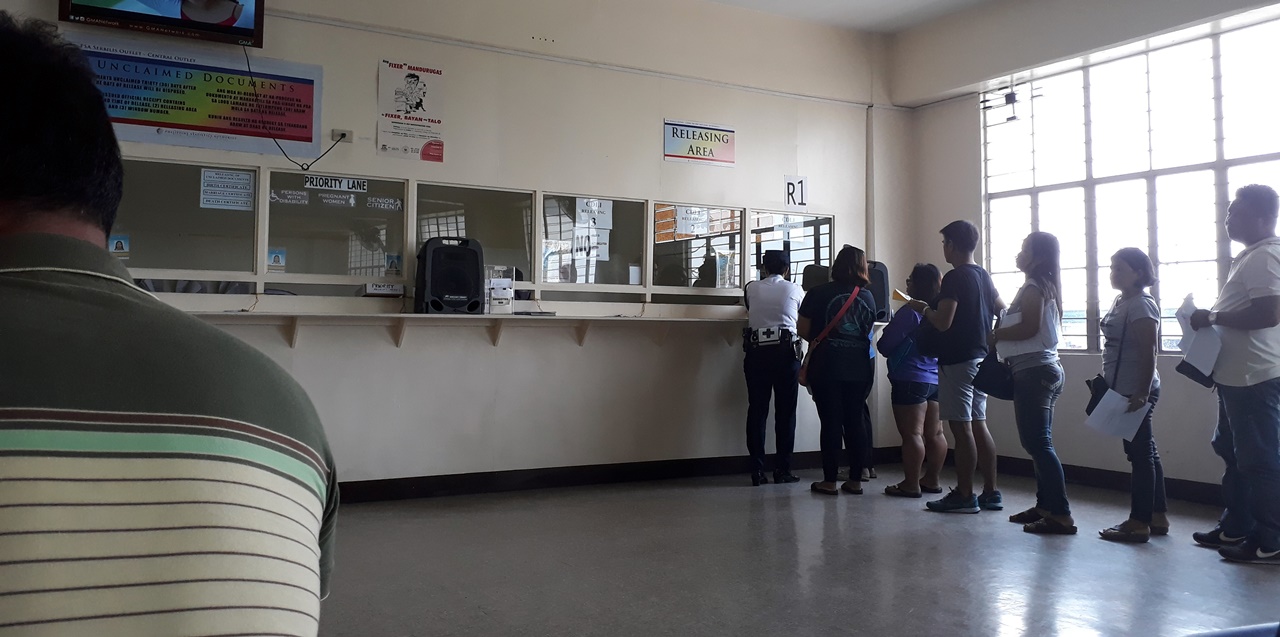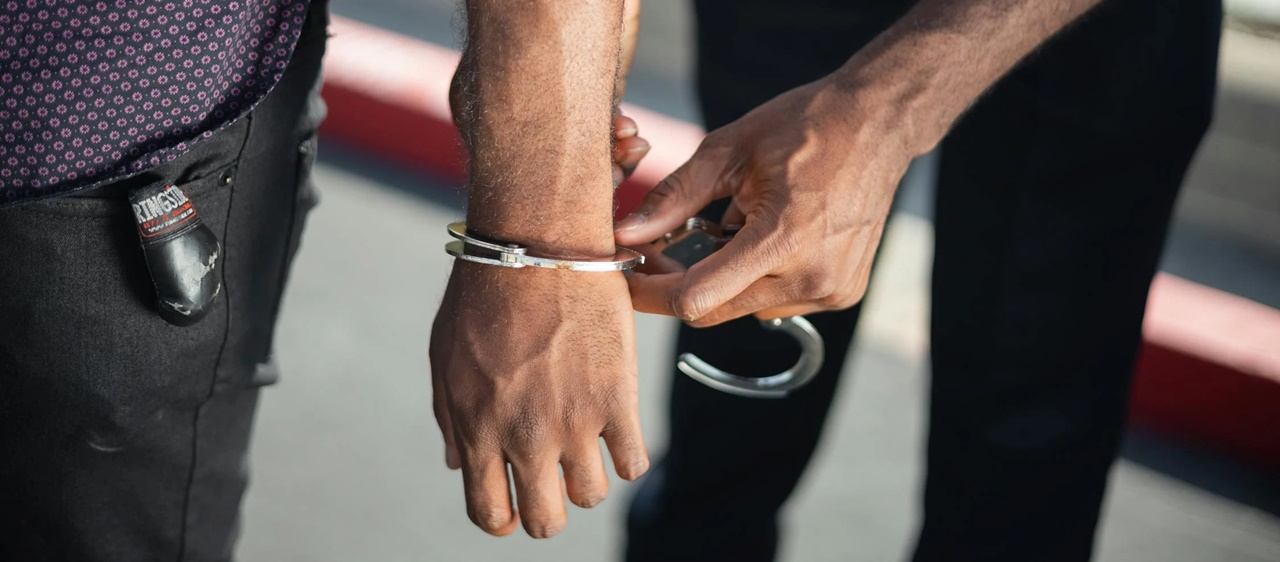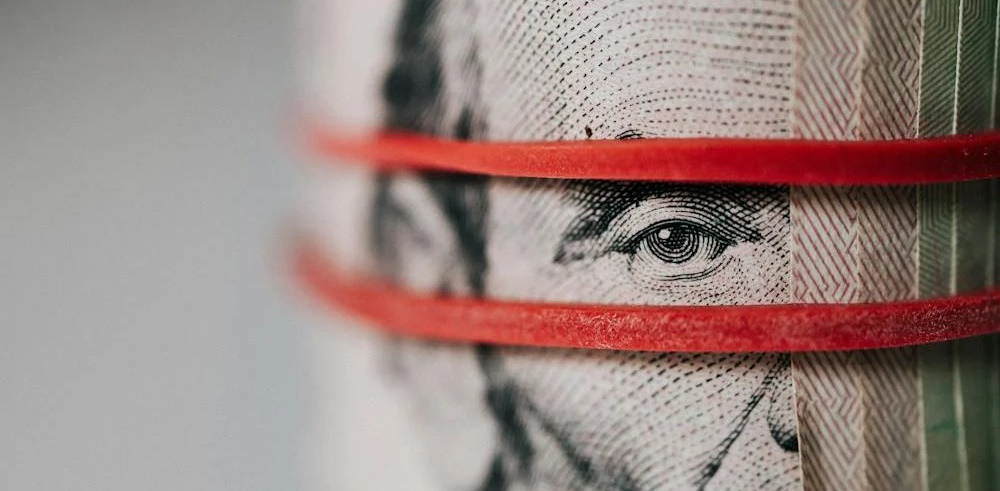Trademark Infringement In The Philippines
Contents
- What cases can be filed for trademark infringement in the Philippines?
- Who is the governing body and what is the law on trademark infringement in the Philippines?
- Where should a case for trademark infringement in the Philippines be filed?
- What is trademark Infringement in the Philippines?
- What is the difference between Trademark Infringement versus Trade Name Infringement?
- What is Trade Name Infringement in the Philippines?
- What is the jurisprudence on trademark infringement in the Philippines?
- How do you file a case for Trademark Infringement in the Philippines at the IPOPHL?
- How do you file a case for Trademark Infringement in the Philippines at the trial courts?
What cases can be filed for trademark infringement in the Philippines?

Trademark Infringement in the Philippines may result in imprisonment, fines, and the cessation of usage of the registered mark.
A registrant who owns a registered trademark can file several cases for trademark infringement in the Philippines.
An administrative action before the Intellectual Property Office of the Philippines, or IPOPHL, can be filed through its Director for Legal Affairs.
Civil and criminal cases can also be filed at the regular trial courts.
Filing a case before one of the courts or the IPOPHL excludes the other judicial bodies from hearing the same issues, so it is important to determine what the correct case to file is from the outset.
Who is the governing body and what is the law on trademark infringement in the Philippines?

IPOPHIL has a quasi-judicial function that handles cases of trademark infringement in the Philippines
The IPOPHL through the issuance of the Rules and Regulations on Administrative Complaints for Violation of Law Involving Intellectual Property Rights defines trademark infringement in the Philippines.
Trademark infringement in the Philippines is any violation of any rights of the registered owner of a Mark under the law on Trademarks of the Intellectual Property Code, other applicable Intellectual Property Laws, and the acts enumerated in Section 155 of the Intellectual Property Code.
Where should a case for trademark infringement in the Philippines be filed?

Trademark infringement in the Philippines can be filed with the IPOPHIL or trial court, depending on the situation
A case or action for trademark infringement in the Philippines is filed at different venues, depending on the type of case.
- For administrative actions for trademark infringement in the Philippines, the case should be filed before the IPOPHL through its Director of Bureau of Legal Affairs in Taguig City, Metro Manila.
- For civil actions for Philippine trademark infringement, this should be filed in the place where the plaintiff is a resident or where the principal address is located for juridical entities.
- For criminal actions, this should be filed in the place where the alleged infringement act was committed. The complaint must be instituted with the National Prosecution Service of the Department of Justice for purposes of preliminary investigation.
It is highly advisable that you seek the assistance of a lawyer who is familiar with handling cases and drafting pleadings.
For cases that involve court, they should be heard by the Special Commercial Courts with jurisdiction over where the plaintiff resides and where the violation of the Intellectual Property rights was committed.
The available action for the injured party follows the rule of exclusivity.
This means that choosing one of the offices or courts to file your cause of action will prevent the filing of the same cause of action with the other court or offices.
What is trademark Infringement in the Philippines?

Philippine trademark infringement cases are common but very few actually file a complaint
Trademark Infringement in the Philippines happens when a reproduction, counterfeit, copy, or colorable imitation of a registered mark including the same container or dominant feature is used.
It takes place the moment any of the above acts are committed regardless of actual sale of the goods or services infringed.
It also considers when intention to sell the goods or services subject to the acts mentioned, and of course the actual sale is done, including any other preparatory steps and the use of the same in labels, signs, prints, packages, wrappers or advertisements.
For Philippine trademark infringement to exist, the person guilty of infringement did not have the consent of the registered owner to use the Mark.
An owner of a registered Mark can allow other people to use his Mark through a contract known as License Agreement.
A License Agreement acts as the proof of consent for a third party to use a registered Mark not owned by the third party.
A License Agreement enables a party using the mark to be free from accusations of trademark infringement since he was given permission to use the Mark.
What is the difference between Trademark Infringement versus Trade Name Infringement?

Trade name and trademark infringement in the Philippines are two different things that have different registrations and regulations.
A Trademark or Mark is defined by the Intellectual Property Code of the Philippines as any visible sign capable of distinguishing the goods or services of an enterprise and shall include a stamped or marked container of goods.
A Trade Name is a name or designation of a business that they use in the conduct of their business before the general public.
A registered name before the Department of Trade or the Securities Exchange Commission might not be the business name or trade name.
There are some businesses that have a different trade name from their registered corporation, sole proprietorship, or partnership names.
One example is Cebu Air Incorporated.
In the SEC, they are registered as Cebu Air Incorporated; however, they are known by their business name, Cebu Pacific.
Even though it is not required to register your trade name, it is highly advisable to do so.
Registering a trade name proves that the trade name has already been used since the date of its registration and is owned by a specific entity.
Registration provides an added level of security to your brand and can be accomplished at the DTI or the SEC, as applicable.
What is Trade Name Infringement in the Philippines?

Trade Names or Business Names are registered with the DTI
The law does not specify acts considered as Infringement of a Trade Name.
It is instead a general act which provides that any third party who uses a trade name and is likely to mislead the public that that third party is one and the same with the actual trade name owner/originator shall be held liable.
A trade name shall be protected even if no registration was made by the affected party.
A party guilty of trade name infringement has the same remedies available as those for trademark infringement in the Philippines.
What is the jurisprudence on trademark infringement in the Philippines?

There is an infringement if there are confusing similarities between trademarks.
The elements of trademark infringement in the Philippines have been defined by the Supreme Court of the Philippines as follows:
- The registration of the trademark before the IPOPHL, however, in the infringement of a trade name, registration is not a requirement;
- The trademark or trade name was reproduced, counterfeited, copied, or colorably imitated by the infringer;
- The infringing mark or trade name is used in connection with the sale, offering for sale, or advertising of any goods, business or service; or the infringing mark or trade name is applied to labels, signs, prints, packages, wrappers, receptacles or advertisements intended to be used upon or in connection with such goods, business or service;
- The use or application of the infringing mark or trade name is likely to cause confusion or mistake or to deceive purchasers or others as to the goods or services themselves or as to the source or origin of such goods or services or the identity of such business;
- It is without the consent of the trademark or trade name owner or the assignee thereof.[1]
However, among the five elements, the most important part is the likelihood of confusion that is caused to the general public.
There is no absolute standard for likelihood of confusion.
Only the particular circumstances of each case can determine its existence.
Thus, in cases of trademark infringement in the Philippines, precedents must be evaluated in the light of each particular case.[2]
[1] Prosource International, Inc. v. Horphag Research Management SA
G.R. No. 180073, 25 November 2009
[2] Coffee Partners, Inc. v. San Francisco Coffee & Roastery Inc., G.R. No. 169504, 03 March 2010
How do you file a case for Trademark Infringement in the Philippines at the IPOPHL?

Filing a complaint is very manual process
IPOPHL exercises original jurisdiction for violation of laws involving intellectual property rights where the total damages are not less than Two Hundred Thousand Pesos (PhP 200,000).
In these cases, an administrative case for trademark Infringement in the Philippines can be filed before the IPOPHL.
Note that an administrative case for trademark infringement in the Philippines requires that the case be filed within four (4) years from the date of the commission of the violation or from the date of the discovery of the violation.
Below is a brief process for how to file a case for Philippine trademark infringement at the IPOPHL:
- Prepare a verified complaint in duplicate for trademark infringement in the Philippines and file it with the Bureau of Legal Affairs
- The Bureau will issue an order for the payment of the filing fee, which must be paid
- The complainant may file the complaint by himself or herself or through counsel;
- The case will be assigned to the Bureau and its hearing officer;
- Notices are to be sent to the Respondent requiring the Respondent to file a Verified Answer within ten (10) days from receipt of the summons;
- The Respondent may be declared in default for failure to file a verified answer on the allotted period;
- Pre-trial will commence after the filing of the verified answer or the lapse of the period to file a responsive pleading;
- Parties are required to file their respective pre-trial briefs.
- Attendance of the parties and their counsel, if any, are mandatory in pre-trial hearing;
- Hearing proper will commence after the pre-trial hearing;
- Parties shall complete their presentation of evidence within two (2) years;
- Judicial Affidavit shall be used for direct testimony of witnesses;
- Judgment or Decision will be issued by the Director of the Bureau of Legal Affair based on testimonies and evidence submitted;
- Appeal can be made to the Director General within 30 days from receipt of the Decision of the Bureau Director;
- Appeal to the Court of Appeals; and,
- Appeal to the Supreme Court.
How do you file a case for Trademark Infringement in the Philippines at the trial courts?
The owner of a trademark that was infringed can file a criminal case or civil action before the trial courts.
Filing a criminal action for trademark infringement in the Philippines

Criminal complaints are filed with the prosecutor’s office, which conducts a preliminary investigation
The injured party can file a criminal action for trademark infringement in the Philippines before the prosecutor’s office, which has jurisdiction.
The party must have a trademark lawyer who will file the case.
Then, the prosecutor will issue a summons to the accused to answer the allegations made by the complainant.
The prosecutor will also conduct a preliminary investigation to determine if there is probable cause.
An Information will be issued if there is probable cause in the allegations of Philippine trademark infringement against the accused.
The Information will then be filed before the Trial Court or Special Commercial Court, if any, that will conduct the trial for the case.
The court will issue a warrant of arrest against the accused.
The accused has the right to post bail.
The accused will then be arraigned.
The court will proceed with the trial of the Philippine trademark infringement case.
If the accused is found guilty of infringement beyond a reasonable doubt, the Decision will convict the accused.
The injured party may participate during the trial for the civil aspect of the case.
A person found guilty in a criminal case unfair competition, false designation and trademark infringement in the Philippines can be imprisoned for a period of two (2) to five (5) years, and will be ordered to pay a fine ranging from Php 50,000 to Php 200,000.
Filing a civil action for trademark infringement in the Philippines

Civil complaints must be addressed first before criminal complaints are given due course.
The injured party may also file a civil case for trademark infringement in the Philippines.
The case can cover claims for damages resulting from trademark infringement.
The process is almost the same as that of filing a criminal action.
However, there is no need for the finding of probable cause at the prosecution level.
Cases for civil actions go straight to the court after preparing the complaint and paying the filing fee.
Also, there are no convictions, unlike in criminal cases, which allows the payment of damages and enforcement of rights by the injured party.






0 Comments